Biometrics
Biometrics refers to the use of analytical tools and devices which capture, record and/or process people’s physical or behavioural data. This can include faces (commonly known as facial recognition), fingerprints, DNA, irises, walking style (gait), voice as well as other characteristics. Under the EU’s data protection laws, this biometric data is especially sensitive. It is linked to our individual identities, and can also reveal protected and intimate information about who we are, where we go, our health status and more. When used to indiscriminately target people in public spaces, to predict behaviours and emotions, or in situations of imbalances of power, biometric surveillance such as facial recognition has been shown to violate a wide range of fundamental rights.
Filter resources
-

Your face rings a bell: Three common uses of facial recognition
Not all applications of facial recognition are created equal. In this third installment, we sift through the hype to analyse three increasingly common uses of facial recognition: tagging pictures on Facebook, automated border control gates, and police surveillance.
Read more
-

Our New Year’s wishes for European Commissioners
EDRi wishes all readers a happy new year 2020! In 2019, we had a number of victories in multiple fields. The European Parliament added necessary safeguards to the proposed Terrorist Content Online (TCO) Regulation to protect fundamental rights against overly broad and disproportionate censorship measures. The Court of Justice of the European Union (CJEU) ruled […]
Read more
-
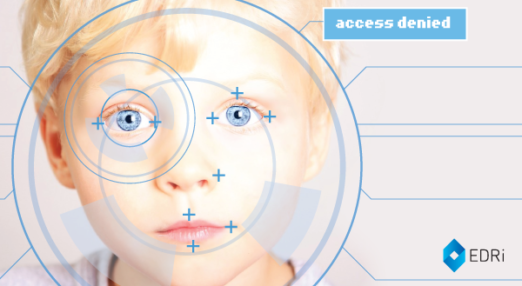
The many faces of facial recognition in the EU
In this second installment of EDRi's facial recognition and fundamental rights series, we look at how different EU Member States, institutions and other countries worldwide are responding to the use of this tech in public spaces.
Read more
-
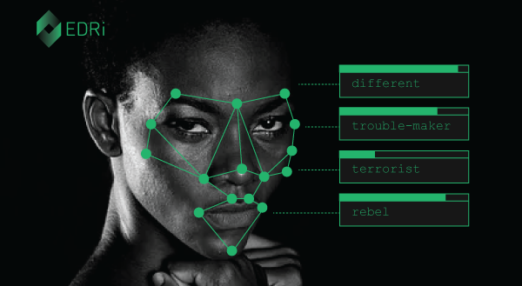
Facial recognition and fundamental rights 101
This is the first post in a series about the fundamental rights impacts of facial recognition. Private companies and governments worldwide are already experimenting with facial recognition technology. Individuals, lawmakers, developers - and everyone in between - should be aware of the rise of facial recognition, and the risks it poses to rights to privacy, freedom, democracy and non-discrimination.
Read more
-
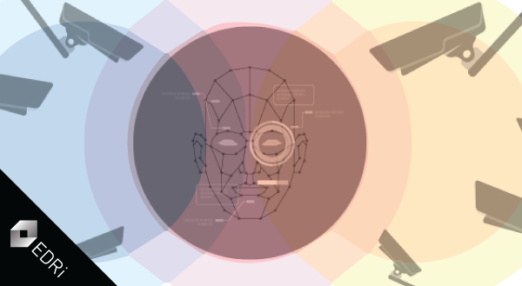
Serbia: Unlawful facial recognition video surveillance in Belgrade
On 3 December 2019, EDRi member SHARE Foundation, together with two other organisations, published a policy brief concerning a new “smart video-surveillance system” in Belgrade. The brief highlights that the impact assessment of video surveillance on human rights, conducted by the Serbian Ministry of Interior did not meet the legal requirements, and the installation of […]
Read more
-

The digital rights of LGBTQ+ people: When technology reinforces societal oppressions
Online surveillance and censorship impact everyone’s rights, and particularly those of already marginalised groups such as lesbian, gay, bisexual, transgender and queer and others (LGBTQ+) people. The use of new technologies usually reinforces existing societal biases, making those communities particularly prone to discrimination and security threats. As a follow-up to Pride Month, here is an […]
Read more
-
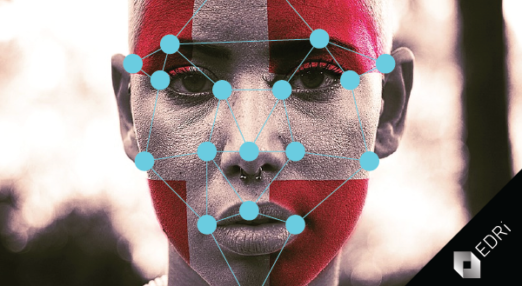
Danish DPA approves Automated Facial Recognition
On 13 June 2019, the Danish football club Brøndby IF announced that starting in July 2019, automated facial recognition (AFR) technology will be deployed at Brøndby Stadium. It will be used to identify persons that have been banned from attending Brøndby IF football matches for violations of the club’s own rules of conduct. The AFR […]
Read more
-

EU Council Presidency outlines future counter-terrorism priorities
A note produced by the Romanian Presidency of the Council of the European Union sets out the EU’s response to terrorism since 2015. It highlights the main measures adopted and calls for a “reflection process on the way forward” in a number of areas including “interoperability and extended use of biometrics”; implementing the EU Passenger […]
Read more
-

EDRi’s Press Review 2018
During the past year, our work to defend citizens’ rights and freedoms online has gained an impressive visibility – we counted more than three hundred mentions! – in European and international media. Below, you can find our press review 2018. JANUARY 01/01 EU i linedans mellem desinformation og censur (Mandag Morgen)10/01 Does Software Piracy Hurt Sales? […]
Read more
-

Best of 2018: EDRi’s top articles and publications
Once again, 2018 was no resting time for digital rights defenders. Upload filters, which seem to be considered as a fit-for-all solution, have kept us particularly mobilised the entire year. Here is a throwback to our most popular articles and publications of the year.
Read more
-

Greece: Clarifications sought on human rights impacts of iBorderCtrl
On 5 November 2018, EDRi observer Homo Digitalis filed a petition to the Greek Parliament about the pilot implementation of the iBorderCtrl project on the Greek border. The Minister in charge will have 25 days to reply to it.
Read more
-
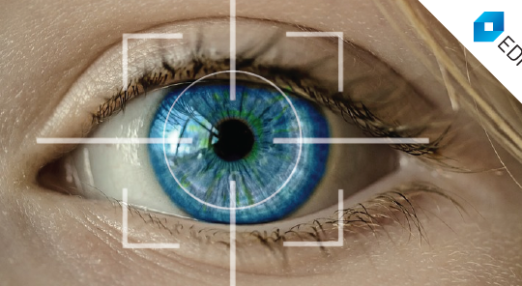
Smart Borders: the challenges remain a year after its adoption
After the initial rejection of the Smart Borders package in 2013, the European Parliament voted again on 25 October 2017 to finally adopt it, including the Entry/Exit System (EES) and amendments to integrate it into the Schengen Borders Code.
Read more
